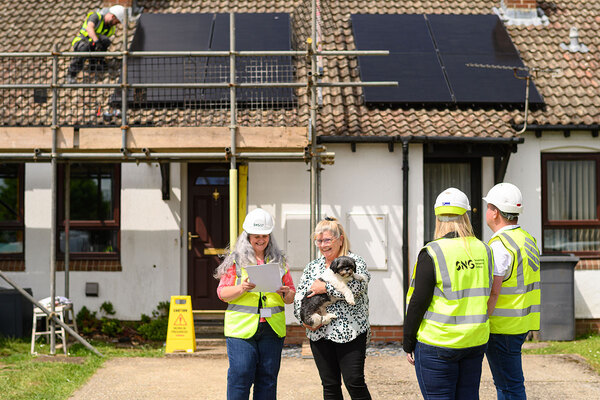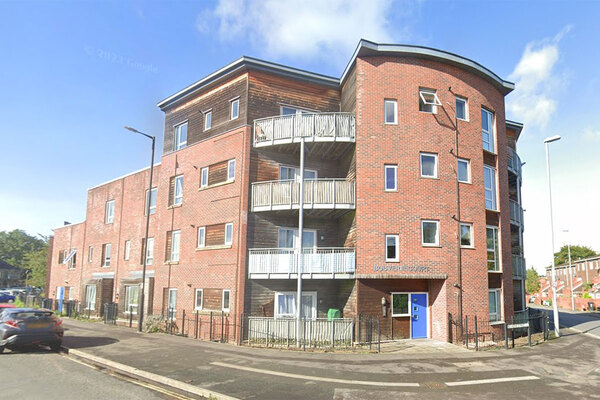ESG performance among 16 housing associations revealed by funder
Sixteen housing associations have disclosed their environmental, social and governance (ESG) performance for a new report in an effort to make landlords more attractive to like-minded investors.
Compiled by funder Blend, the report highlights the landlords’ combined performance around areas such as staff pay, energy performance of homes and boardroom diversity.
Blend has compiled the report as part of the sector’s Sustainability Reporting Standard (SRS), which was established last year. Around 100 organisations have signed up to the standard, but Blend claimed it is the first lender to report against the standard.
The ESG performance of housing associations is becoming increasingly important to investors looking to align themselves with organisations seen to be fulfilling a social purpose.
The housing associations involved in Blend’s report include a range across England and Wales, with 45,000-home Platform Housing Group the largest represented.
Among the report’s findings were:
- 56% of Blend’s borrowers pay the ‘real living wage’ to staff – a voluntary rate currently set at £9.50 an hour for the UK
- 65% of existing housing stock among the borrowers had an energy performance certificate (EPC) rating of at least C
- 95% of new stock owned by its borrowers had an EPC of at least B
- On average, female representation on boards was 42%, BAME representation was 11% and disabled people were 7% of overall boards
On the BAME representation figure, the report noted that the figure falls short of the England and Wales average of 14%.
But it added: “This comparison is complicated by the fact that Blend does not have any borrowers based in London, where nine out of the 10 most diverse local authorities are located.”
On meeting the need for affordable housing, the report said that Blend’s borrowers collectively added 3,710 homes in the 2020/21 financial year, of which all were affordable or social tenures.
Blend reported on 10 out of its 16 borrowers on gas safety. Of the 10 it reported, all homes within their stock had an in-date accredited gas safety check.
On fire risk assessments, the funder reported on 11 of its borrowers. Of these, 100% of buildings had an in-date and compliant fire risk assessment.
Piers Williamson, chief executive of Blend, said: “Our decision to go it alone and collect and publish the aggregated performance of our funding pool will make us and our sector more accountable, transparent and aligned to the Sustainability Reporting Standard.
He added: “Given the growing interest in ESG across the economy, it is vital the social housing sector grasps the opportunity to communicate the significant impact it has on society – and increasingly – the environment.”
Brendan Sarsfield, chair of Sustainability for Housing Board, which oversees the new standard, said: “By sticking its neck out, THFC [The Housing Finance Corporation] is pushing the boundaries of ESG reporting in the sector.”
“And in doing so, is also helping communicate the compelling story about both the past and future positive impact of the sector. It is this story of impact we know is becoming increasingly important for all our stakeholders, including potential investors, residents and their communities.”
Mr Sarsfield stepped down as chief executive of Peabody yesterday after four years at the helm.
Sign up for our daily newsletter
Already have an account? Click here to manage your newsletters














